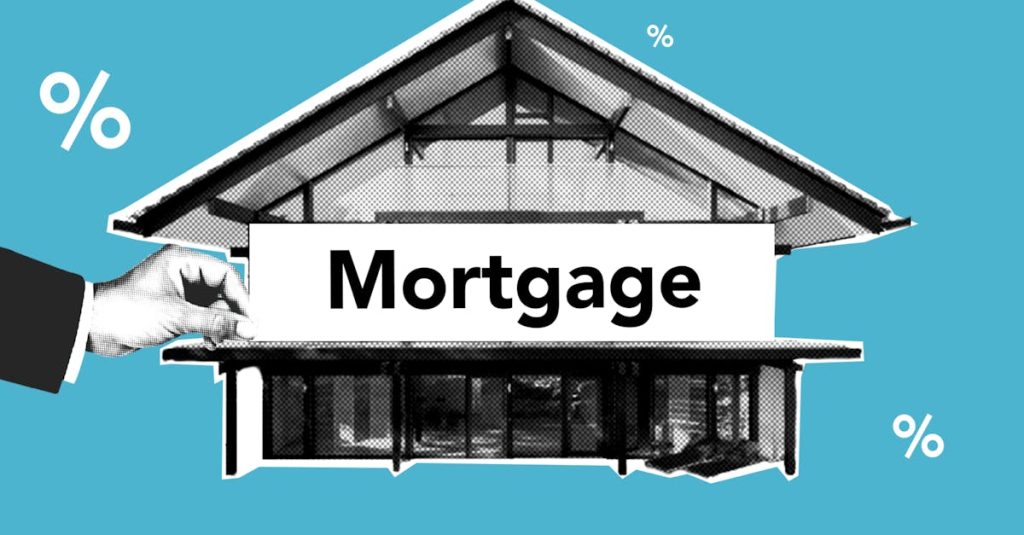Understanding the Impact of Inflation on Small Business Loan Rates
Estimated reading time: 5 minutes
- Inflation influences the cost of borrowing for small businesses.
- The Federal Reserve’s interest rate adjustments impact loan rates.
- Diversifying financing sources can help mitigate risks in uncertain markets.
- Fixed-rate loans provide predictable expenses in a fluctuating economic environment.
- Building relationships with lenders can lead to better financing terms.
Table of Contents
- The Current Inflation Landscape
- How Inflation Affects Small Business Loan Rates
- Strategies for Ensuring Financial Stability
- Practical Insights for Business Owners
- Conclusion
The Current Inflation Landscape
Recent inflation data indicates that the U.S. has been experiencing elevated levels of inflation. According to the U.S. Bureau of Labor Statistics, the Consumer Price Index (CPI) increased by 3.7% from September 2022 to September 2023. This notable rise in the cost of goods and services creates a ripple effect on borrowing costs for small businesses.
The U.S. Federal Reserve has responded to inflationary pressures by adjusting interest rates. As of late 2023, the Fed’s benchmark rate stands in a range of 5.25% to 5.50%, its highest level in over two decades. These changes profoundly influence the interest rates small businesses encounter when seeking loans.
How Inflation Affects Small Business Loan Rates
- Increased Borrowing Costs
As the Federal Reserve raises interest rates to combat inflation, lenders often pass on these costs to borrowers. Consequently, small businesses may face higher interest rates on various financing products, including SBA loans, lines of credit, and merchant cash advances.
- Greater Risk Perception
Lenders tend to reassess risk in inflationary environments. The uncertainty about future economic conditions may lead lenders to tighten their underwriting criteria, making it more challenging for some small businesses to qualify for loans.
- Impact on Cash Flow
Rising prices can reduce consumer purchasing power, leading to fluctuating revenues for small businesses. This volatility complicates cash flow management, making it vital for business owners to secure funding options that align with their financial needs and market conditions.
Strategies for Ensuring Financial Stability
Understanding the impact of inflation on financing is essential for small businesses to mitigate risks and seize growth opportunities. Here are several strategies to consider:
1. Diversify Financing Sources
Relying on a single financing source can be risky, especially in an unpredictable economic environment. Explore various funding options that Big Think Capital offers, such as:
- Working capital advances: Quick access to funds that can help manage everyday expenses and seasonal fluctuations.
- SBA loans: Competitive rates and favorable terms make SBA loans an attractive option for long-term investments and growth.
- Equipment financing: Real estate and equipment purchases can be financed to spread out costs while leveraging the financed asset.
2. Lock in Fixed Rates
In a rising interest rate environment, consider securing loans with fixed rates where possible. Fixed-rate loans can provide predictable payment structures, helping small businesses manage monthly expenses, regardless of future rate changes.
3. Build Stronger Relationships with Lenders
Establishing a solid rapport with lenders can pave the way for better financing terms. Consider the following:
- Maintain open lines of communication with your lender.
- Be transparent about your business plan and financial health.
- Build a strong credit profile to enhance your borrowing power, thus increasing your chances of receiving favorable interest rates.
Practical Insights for Business Owners
When navigating financing options amidst inflation, business owners should keep the following insights in mind:
- Monitor Economic Indicators: Stay informed about key economic metrics, including inflation rates and the Federal Reserve’s interest rate decisions. This awareness enables you to make timely borrowing decisions.
- Prepare for Higher Rates: Factor possible interest rate increases into your budgets. This foresight can help you avoid funding surprises that may affect your cash flow.
- Seek Professional Guidance: Don’t hesitate to consult with a funding expert at Big Think Capital. Our team can provide tailored advice to help you identify the most appropriate funding solutions for your business needs.
Conclusion
The implications of inflation on small business loan rates are undeniable. As interest rates rise and lenders become more cautious, business owners must adopt strategic measures to maintain financial stability. By diversifying funding sources, locking in fixed rates, and fostering strong relationships with lenders, small businesses can navigate these uncertain waters more adeptly.
At Big Think Capital, we are committed to supporting small businesses in securing the necessary funding to thrive, even in times of economic volatility. Whether you need a working capital advance, an SBA loan, or equipment financing, our team is here to help.
To learn more about your financing options, visit us at bigthinkcapital.com or speak with one of our funding experts today. Your business’s success could depend on the right financial strategy, and we are ready to help you formulate it.
FAQs
- What is inflation and how does it affect small businesses?
- How can small businesses prepare for rising interest rates?
- What financing options are available for small businesses in an inflationary environment?
What is inflation and how does it affect small businesses?
Inflation refers to the rate at which the general level of prices for goods and services rises, eroding purchasing power. For small businesses, inflation can elevate costs and financing rates, impacting profitability and cash flow.
How can small businesses prepare for rising interest rates?
Small businesses can prepare by monitoring economic indicators, locking in fixed-rate loans, and diversifying their financing options to mitigate potential impacts from rising interest rates.
What financing options are available for small businesses in an inflationary environment?
Options include working capital advances, SBA loans, and equipment financing, each tailored to address different business needs during inflationary periods.






